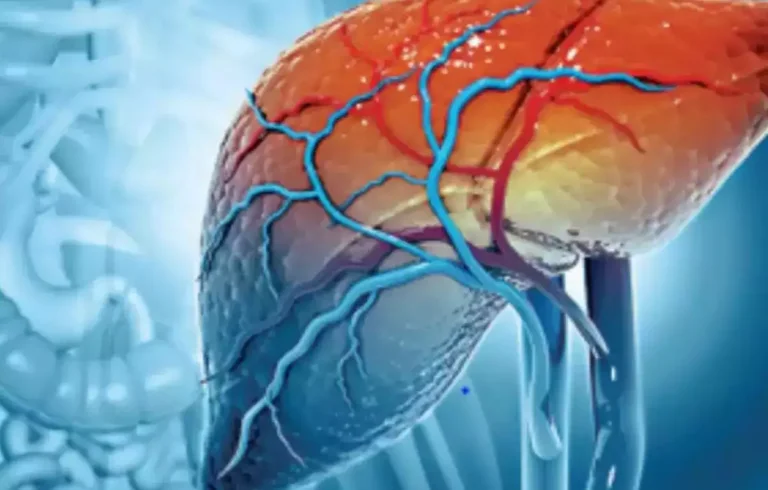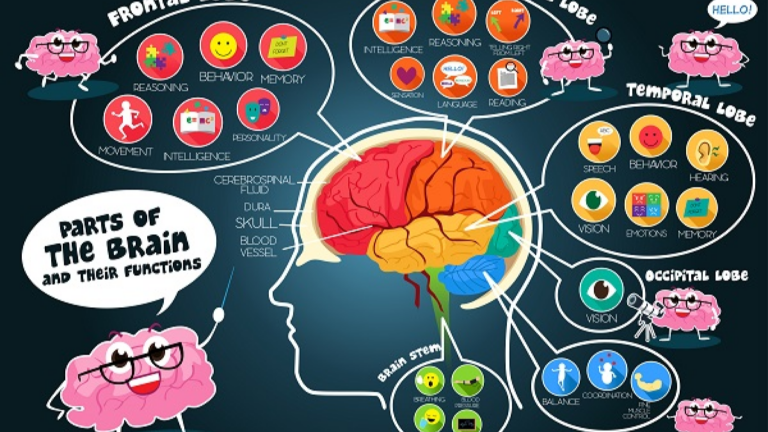IIT Kanpur The research conducted by experts at the Indian Institute of Technology (IIT) Kanpur revolves around understanding the mechanism of cholesterol-lowering drugs, particularly focusing on Niacin, at a molecular level. Here are the key points from the provided details:
1. Research Focus: IIT Kanpur The research aimed to understand how cholesterol-lowering drugs like Niacin work on a molecular level, particularly focusing on their interaction with receptor molecules.
2. Team and Leadership: The research was led by Prof. Arun K. Shukla from the Department of Biological Sciences and Bioengineering at IIT Kanpur. The team comprised several researchers including Dr. Manish Yadav, Parishmita Sarma, Jagannath Maharana, Manisankar Ganguly, Sudha Mishra, Annu Dalal, Nashrah Zaidi, Sayantan Saha, Gargi Mahajan, Vinay Singh, Saloni Sharma, and Dr. Ramanuj Banerjee.
3. Key Findings: The researchers were able to visualize the key target receptor molecule activated by Niacin and related drugs. This visualization provided insights into the mechanism of action of these drugs at a molecular level.
4. Potential Impact: The research has the potential to lead to the development of new drugs that can lower cholesterol with fewer side effects. By understanding the interaction between drugs like Niacin and receptor molecules, the aim is to design drugs that maintain efficacy while minimizing undesirable side effects such as flushing response (skin redness and itching) associated with Niacin.
5. Publication and Recognition: The findings of the research have been published in the international journal, Nature Communications, indicating the significance of the study in the scientific community. Prof. S. Ganesh, Director of IIT Kanpur, hailed the research as an important breakthrough that deepens the understanding of drug-receptor interactions and opens new avenues for the design of better therapeutic agents.
6. Funding and Support: The study received support from the Science and Engineering Research Board (SERB), which underscores the recognition and backing from a reputable funding agency.
Overall, this research represents a significant step forward in understanding the molecular mechanisms of cholesterol-lowering drugs and holds promise for the development of more effective and safer therapeutic agents in the future.



































+ There are no comments
Add yours